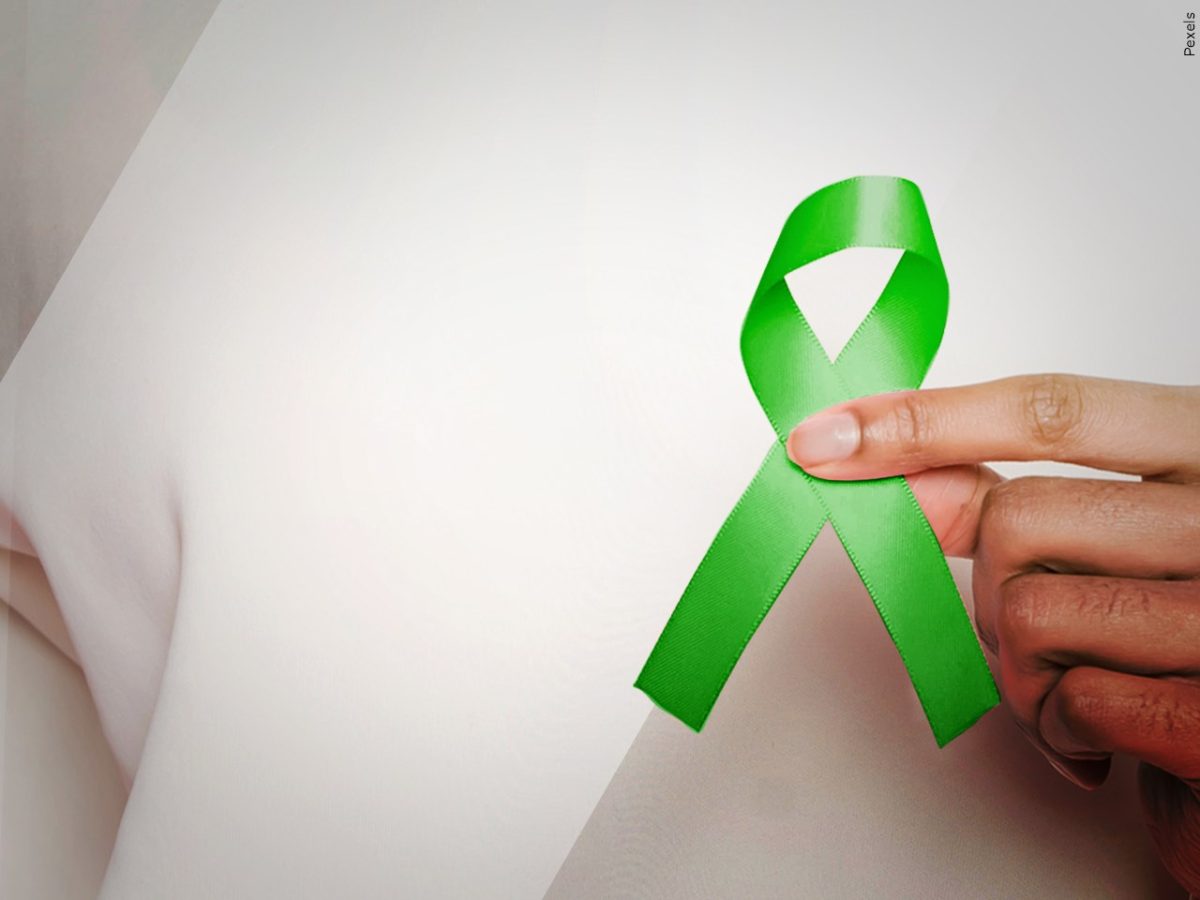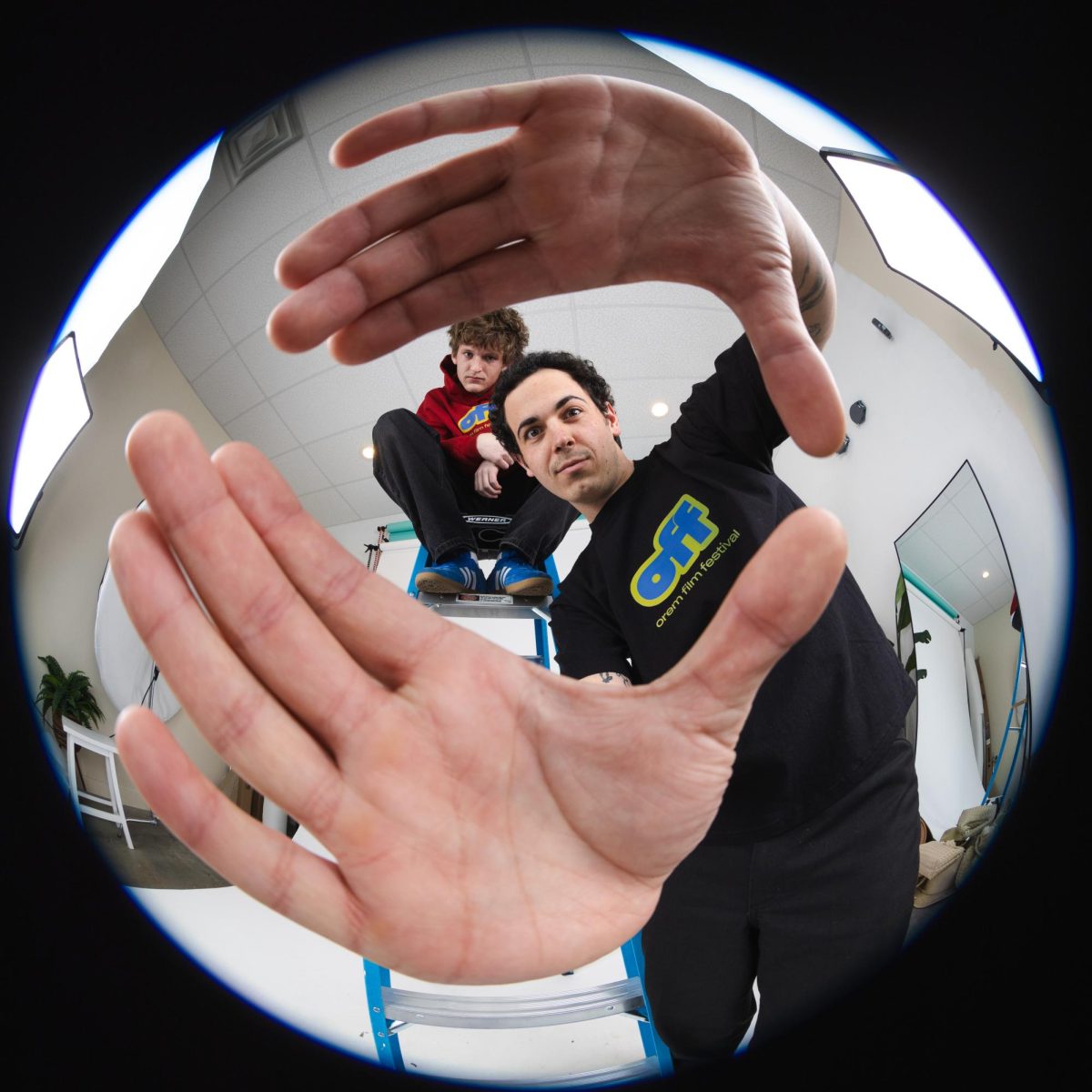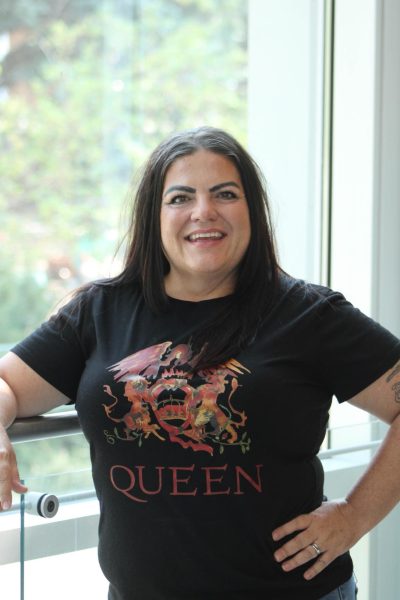Most students can agree that college can influence mental health. Times of excessive stress, anxiety and trauma can make therapy a critical step in achieving and maintaining mental health.
“Not everybody needs to be seen by a therapist, but everybody has to pay attention to their mental well-being and be able to take care of themselves so that we can be good students, good partners, good employees, whatever it might be,” Aaron Jeffrey, director of Counseling and Psychological Services at Weber State University, said.
Student fees go toward various services that the student population can use. One of these services is the Psychological and Counseling Services Center at the Student Services Center, Suite 280. Here, you can speak with a therapist confidentially, attend one of the group sessions, see a psychiatrist and, most importantly, you can get rid of some of that stress on your back.
Students constantly work against deadlines. Tight schedules with steadily approaching due dates can cause pressure. Students do not have to suffer alone or in silence.
The Psychological and Counseling Services website provides many effective tools to alleviate some of the pressures college students experience. The “Self Help” tab on the website covers a few options that students can use to help their mental health independently. The website also goes over different symptoms, problems and types of diagnoses to give students a starting place for discovering what mental illnesses might be affecting them.
Therapy Assistant Online contains modules for guidance on mental health topics.
“These modules are designed to help you have a better understanding of your personal experiences and equip you with strategies to aid you in feeling less anxious today and as you go forward in your life,” TAO’s website states.
Additionally, a mental health screening tool is available on the Counseling Center’s website. The screening tool is a short test that identifies potential mental health issues and can help students decide if it’s time to see a therapist.
“It’s a symptom inventory, and it’ll give them a readout of different areas and how they’re doing with those and maybe some encouragement to contact the counseling center if they feel like there’s a need for that. They can do that for free,” Jeffrey said.
Another service on the website is Trula, an online peer coaching program available to Weber State students for free. These peer coaches help students on a variety of topics, from managing stress to figuring out their goals.
These services are offered with the understanding that many students are new to learning about their own mental health.
“A lot of mental health issues aren’t manifested until 18 to 25. And so, this might be the first time that students are even recognizing that they have depression or that they can put a name to something like anxiety.” Jeffrey said. “What we found is that different mental health issues impact the very skills that students need: memory, attention, focus, being able to organize, being able to do task completion and motivation.”
While these services help general mental health concerns, anyone experiencing suicidal thoughts or thoughts of hurting themselves or others should seek help immediately by calling 988, the US Suicide & Crisis Lifeline. Individuals can also text HOME to 741741 to reach a Crisis Counselor or call 1-800-985-5990. A chat option is also available to anyone who would prefer to text or type with a qualified mental health professional. Additionally, the SafeUT app provides Utahns with free 24/7 support from their cell phone.
Anyone seeking in-person therapy can call Psychological and Counseling Services at 801-626-6406.
















